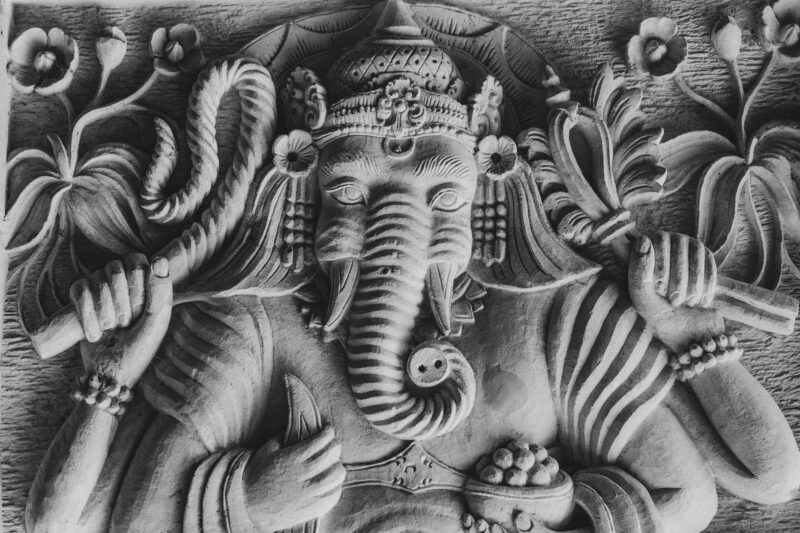
Religion
Religion
The ACC Religion program offers an introduction to the academic study of world religions from a comparative perspective. Students learn the central teachings, history, and practices that shaped the major religions around the globe throughout history. This program emphasizes the social context within which religions evolved, the central concepts upon which religions were founded, their ritual practices, and how religions spread and evolved over time. The goal of this program is to encourage students to engage respectfully with religious practices and belief structures cross-culturally, as well as to contemplate the purpose of religion for human cultures as a whole.
Courses
 ACC currently offers several courses in the Religion program. PHIL 1304 — Introduction to Comparative Religion provides the foundational knowledge for the study of the field. In this course, students discuss the major philosophical principles underpinning contemporary world religions, including Hinduism, Buddhism, Confucianism,Taoism, Judaism, Christianity, and Islam. Students also have the option to take PHIL 1304: Peace and Conflict Studies, which discusses world religions from the perspective of war, peace, social justice, and conflict resolution.
ACC currently offers several courses in the Religion program. PHIL 1304 — Introduction to Comparative Religion provides the foundational knowledge for the study of the field. In this course, students discuss the major philosophical principles underpinning contemporary world religions, including Hinduism, Buddhism, Confucianism,Taoism, Judaism, Christianity, and Islam. Students also have the option to take PHIL 1304: Peace and Conflict Studies, which discusses world religions from the perspective of war, peace, social justice, and conflict resolution.
In addition to these courses, students may expand their comprehension by taking PHIL 2321: Philosophy of Religion, which dives deeper into the central themes related to the study of religion, such as rationality and religious belief, the existence and attributes of God, and the problem of evil.
Students are able to obtain an Associate of Arts degree in Philosophy with a Religion Emphasis. The degree plan combines the intensive comparative study of world religions with a solid background in Philosophy and Ethics.
Classes in the Religion program at ACC feature a mixture of lecture and discussion, encouraging students to engage deeply with complex and rich subject matter. While world religions often emerged from ancient and medieval contexts, their influence is strongly relevant in today’s modern world. These courses aim to expand student understanding of religion not only from an academic perspective, but also to promote more informed and compassionate engagement with people from different religious backgrounds.
Link to Courses.